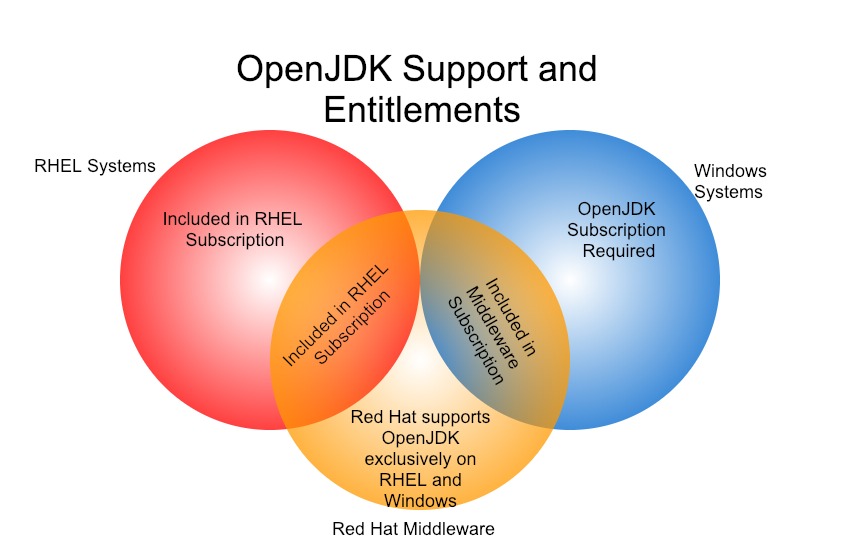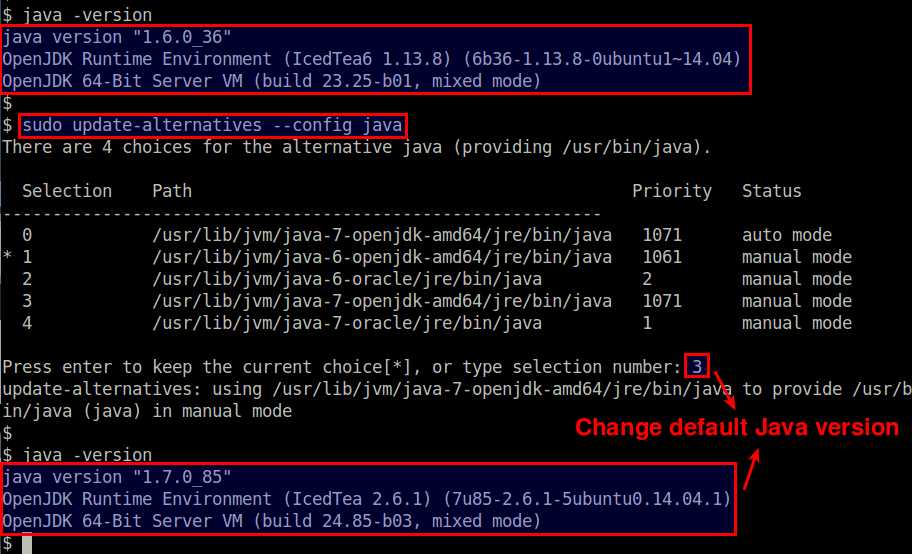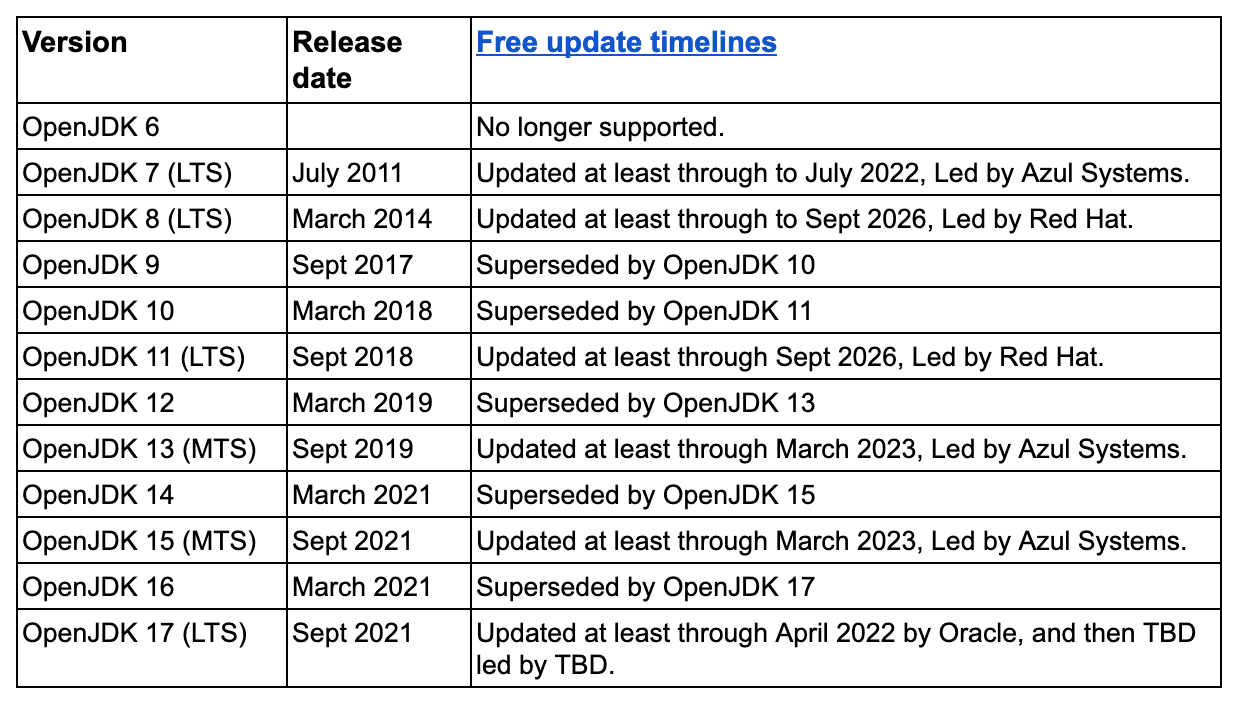

- #How to make openjdk 7 default update
- #How to make openjdk 7 default upgrade
- #How to make openjdk 7 default full
The results should be consistent across all architectures (i686, x86_64, armv7, aarch64) and hardware.Ġ.
#How to make openjdk 7 default update
Code compiled against OpenJDK 8 will not run against OpenJDK 7 by default (separate compiler flags are needed to generate OpenJDK 7-compatible bytecode).Ĭustomizations of OpenJDK 7 will be lost with an update to OpenJDK 8. Code that worked against OpenJDK 7 should continue to run against OpenJDK 8. OpenJDK 8 is a backwards compatible update. java-1.8.0-openjdk will replace ( Obsoletes and Provides) java-1.7.0-openjdk. Upgrades from previous Fedora versions should be seamless. Remove java-1.7.0-openjdk from kickstarts, comps and so on (Done).Everyone will need to test packages to verify that they work against OpenJDK 8 (WIP).Other java packagers will need to apply patches to their java package to ensure they can build against OpenJDK 8 (WIP).

#How to make openjdk 7 default full

Security patches may not be backported to OpenJDK 7 (or if they are, they will be significantly delayed). OpenJDK 7 will publicly End-of-life in April 2015. Sooner or later, upstream projects will start to require Java 8.įedora 21 will probably End-of-life around early 2016 (around when F23 is released). Soon, programmers will want to use these Java features and Fedora should provide them. OpenJDK 8 brings significant new features to the Java language and libraries and platform. Shipping the latest version of OpenJDK works towards the Fedora goal of "First". Scratch and side-builds will be done (against OpenJDK 8) for most Java packages to spot any source incompatibilities earlier.

OpenJDK8 is much more strict when it comes to building javadocs.Theoretically everything that worked against OpenJDK 7 should continue working against OpenJDK 8. A complete list of features is available. It brings in significant new features to the Java language, including lambdas, a new javascript engine and lots of new library features. OpenJDK 8 is a significant update to Java. Given that Fedora 21 will not be released before October 2014, it makes sense to include the latest version of OpenJDK in Fedora 21. The latest version of OpenJDK, 8, was released on 18 March 2014. The current default Java 7 runtime in Fedora is OpenJDK 7.
#How to make openjdk 7 default upgrade
This is essentially an upgrade to the latest Java and OpenJDK version. The current default Java runtime (Java 7, provided by OpenJDK 7, java-1.7.0-openjdk) will be obsoleted and removed. Make Java 8 (provided by OpenJDK 8 which is java-1.8.0-openjdk) the default Java runtime.


 0 kommentar(er)
0 kommentar(er)
